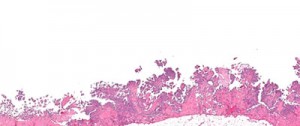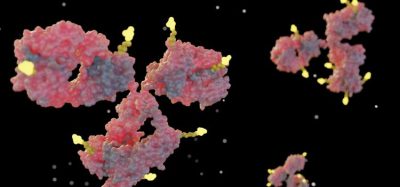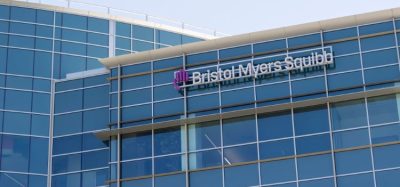Early findings from KEYTRUDA trial in advanced pleural mesothelioma presented at AACR 2015
Posted: 20 April 2015 |
The first presentation of data investigating the use of KEYTRUDA in 25 patients with advanced pleural mesothelioma was made at AACR 2015…


The first presentation of data investigating the use of KEYTRUDA® (pembrolizumab), Merck’s anti-PD-1 therapy, in 25 patients with advanced pleural mesothelioma, a difficult-to-treat cancer of the lining of the lungs, abdomen and other organs, was made at the American Association for Cancer Research (AACR) Annual Meeting.


The early findings presented showed an overall response rate of 28 percent with KEYTRUDA in patients with tumours that expressed PD-L1. Additionally, 48 percent of patients had stable disease, resulting in a disease control rate of 76 percent. This is the first data to be presented from KEYNOTE-028, Merck’s innovative basket trial designed to evaluate the efficacy and safety of KEYTRUDA in patients with 20 difficult-to-treat cancers.
Disease control rates observed warrant further evaluation of KEYTRUDA in the treatment of malignant pleural mesothelioma
“This presentation at AACR marks the first time that data involving an anti-PD-1 therapy have been presented in pleural mesothelioma, which is a rare, hard-to-treat cancer with very limited treatment options,” said Dr Alley, clinical associate professor of medicine, Abramson Cancer Center. “While early, the disease control rates observed in this study are very encouraging, and indicate that further study is warranted to evaluate the potential role of KEYTRUDA in the treatment of malignant pleural mesothelioma.”
“This unique study is helping to accelerate our understanding of where KEYTRUDA may work in cancers with limited or no treatment options,” said Dr Roger Dansey, therapeutic area head and senior vice president, oncology late stage development, Merck Research Laboratories. “These early data in advanced pleural mesothelioma reinforce the clinically meaningful results we are seeing with KEYTRUDA across multiple cancers.”
At the time of the analysis, 40 percent of patients (n=10/25) remained on treatment. Adverse events in the study were consistent with previously reported safety data for KEYTRUDA. The most common treatment-related adverse events (occurring in greater than twenty percent of patients) were fatigue (24%) and nausea (24%). Two Grade 3 treatment-related adverse events occurred: ALT increased (n=1) and thrombocytopenia (n=1). Some patients experienced adverse events of special interest, including rash (n=4), ALT/AST increased (n=1), hypersensitivity (n=1) and iridocyclitis (n=1); two required a dose interruption (one because of ALT/AST increased, one because of iridocyclitis). No patients discontinued as a result of treatment-related adverse events, and there were no treatment-related deaths.








